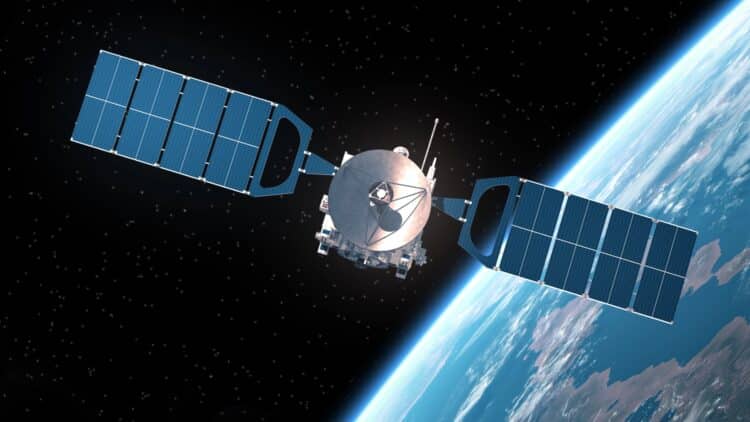Barcelona has just launched a pioneering initiative in continental Europe focused on communication through space innovation. Sateliot, a Catalan telecommunications company, has inaugurated the first European hub dedicated to the development of 5G satellites. The facility, which will function as an industrial and technological center, aims to boost a new generation of mobile and Internet of Things (IoT) services in locations where standard coverage is not usually available.
Sateliot inaugurates hub that drives a new generation of European satellites
The opening of the center in Barcelona is part of Sateliot’s plan to increase the speed of production of satellites capable of delivering 5G connectivity directly to common devices such as sensors, agricultural equipment, and smartphones. The company describes this venture as a 5G tower in space, highlighting the potential to reach more remote regions where terrestrial antennas are absent and often economically unviable.
In the new space, which includes a 100-square-meter room, the company is working on the development of the Tritó satellites, an evolutionary model compared to previous ones. In general, these new devices are considerably more robust, being about 16 times larger than the current Enxaneta satellites, and will allow the transmission of data, voice, video, and broadband services directly to cell phones, even in areas with almost no signal.
This launch highlights Europe in a market dominated primarily by North American companies. For the Spanish government, which is an investor in Sateliot, the hub reinforces its ambition to achieve technological leadership in the 5G space connectivity segment.
How the new center accelerates Europe’s push for universal coverage
Technically, the project has already made significant progress through practical demonstrations of connectivity. In September, the company connected an IoT device to a low-Earth orbit satellite for the first time using the 3GPP Release 17 standard, which represents an unprecedented achievement, validating the model of direct communication between satellites and commercial devices.
Now, the next steps before large-scale implementation include the launch of five new 15-kilogram satellites in 2026, while in 2027, the launch of the first 16 Trito satellites weighing 150 kilograms is planned, which will begin to demonstrate broad real-time smartphone connectivity. The goal is to achieve continuous global coverage by 2030, potentially encompassing up to 500 satellites.
Growing commercial demand highlights confidence in Sateliot’s connectivity plans
Meanwhile, the market has already responded positively, demonstrating confidence in this venture. Sateliot stated that it has over 700 signed contracts with companies in 50 countries, with great potential to cover up to 10 million devices. Interest comes from various industry sectors such as agriculture, logistics, security, and environmental protection, where a lack of signal can still be an obstacle to quick decision-making.
The practical impact for ordinary users and the future economic potential
Although it may seem like a sophisticated type of technology, the benefits of its implementation are easily understood and evident in people’s daily lives. Rural workers or citizens living in isolated areas would be able to make calls in normal or emergency situations without any hassle. Another example is that small businesses would be able to easily track deliveries in more remote regions that currently lack coverage.
In economic terms, Sateliot plans to reach €1 billion in annual revenue by 2030, a figure that takes into account new commercial services starting next year. The company, a direct competitor of initiatives such as AST SpaceMobile, is betting on mobility and accessibility as competitive differentiators.
The inauguration of Sateliot’s hub in Barcelona raises the bar for global connectivity solutions. The project aims to take internet and communication to places where this has remained a challenge until now. Presenting a solution with proprietary technology and a practical vision of the world’s real needs, the company positions Europe as a leader in the space connectivity sector.


